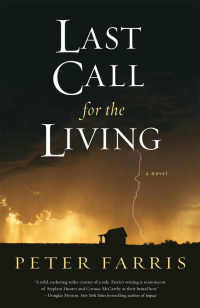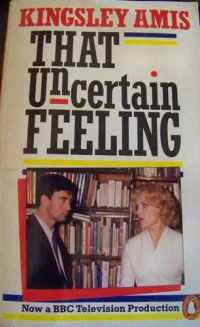Midnight Alley by Miles Corwin
 Saturday, May 26, 2012 at 9:34PM
Saturday, May 26, 2012 at 9:34PM 
Published by Oceanview on April 16, 2012
Ash Levine is a homicide detective with LAPD whose job is interfering with his attempt to reconcile with Robin, his almost-ex-wife. Levine is assigned to "Felony Special," a citywide division that handles high profile crimes (those that are deemed worthy of solving because the press is watching). When Raymond Pinkney is shot to death, Levine gets the case. Pinkney's father is a councilman who is often critical of LAPD. The other victim of the double homicide, Teshay Winfield, is a recent veteran. Their bodies are found in an alley in a gang-ridden neighborhood.
Several other characters in Midnight Alley, both good guys and bad guys, are also veterans. Asher is a veteran of the Israeli Army. A veteran named Mullin is a sociopath. A man named Delfour hires Mullin to kill Levine. Eventually the Russian Mafia joins the plot, which revolves around the theft of an ancient, jewel-studded mask.
All of this is a promising start but the plot eventually veers into strange territory as Levine finds himself accused of shooting an unarmed man. After some rather uninspired detective work (threatening to throw someone off a building doesn't produce a confession that will stand up in court although Levine seems to think it will), Levine uncovers a criminal plot that I would charitably describe as wildly implausible. Still, Miles Corwin manages to pull all the plot threads together by the time the story ends.
Corwin highlights a number of political and social issues in Midnight Alley, ranging from racism in LAPD to the notion that America is a "Christian nation" to mismanagement of the second war in Iraq. Corwin's most perceptive take concerns the skewed priorities that result from asset forfeiture laws: because the police get to keep certain proceeds from criminal activity that they seize, Levine finds his homicide investigation trumped by the more lucrative investigation of a drug cartel. Alas, astute social commentary does not suffice to make a novel worth reading.
Frequent references to Levine's religion and enjoyment of food are apparently intended to give Levine depth, or at least a personality, but those efforts are insufficient to make Levine interesting. We're continually told that Levine is a rebellious, nonconformist officer but we don't see him behaving that way until near the story's end, when he commits a series of crimes to prove that he didn't commit the crime of which he's accused. Usually he's wavering between self-righteous and self-pitying, qualities that do not serve a thriller hero well. Supporting characters are no better; Corwin creates a defense lawyer who is a caricature of an actual attorney while cops, thugs, and veterans are all pulled from central casting.
Some lengthy scenes, including a clichéd family dinner, add nothing but tedium to the story. Corwin's writing style is competent but occasionally marred by stilted dialog and trite expressions. As crime novels go, Midnight Alley has some entertaining moments but fails to distinguish itself from a slew of similar novels.
NOT RECOMMENDED



